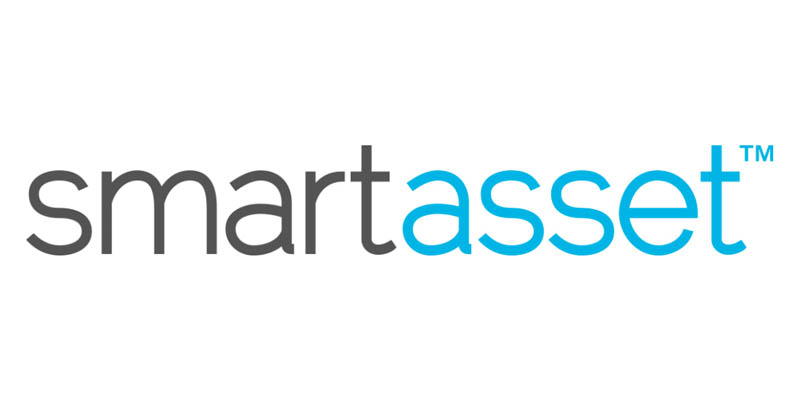A self-directed IRA is a great retirement savings vehicle for people who prefer a hands-on investment approach. These IRAs are identical to traditional IRAs in most ways but may hold alternative assets not allowed in a traditional IRA. For example, you can invest in real estate, energy or precious metals in Gold IRA. Mutual funds, stocks and bonds are also allowed.
The self-directed IRA is best for investors who track investments regularly and want to take an aggressive, hands-on approach to their retirement savings. Investing in a traditional IRA is as simple as setting up an account online and then choosing a few mutual funds. A self-directed IRA requires more research and responsibility but can lead to higher investment returns.
What Are the Benefits of a Self-Directed IRA?
In addition to a broader selection of investment options, taxes on distributions from self-directed IRAs get deferred until you take a distribution. Since you’ll be retired when you take required minimum distributions, you’ll be in a lower tax bracket. You also benefit from reinvesting dividends and gains you would pay on a regular brokerage account to grow retirement savings even more.
Another advantage of a self-directed IRA is assets are protected during bankruptcy proceedings. No one plans to file for bankruptcy, but knowing your investments will be secure is a plus. Other types of IRAs have protection from creditors, but the unique investments you may hold in a self-directed IRA, such as real estate, would otherwise be seized in bankruptcy.
A final benefit of a self-directed IRA is that this retirement account usually allows for assets to be passed on to a beneficiary with little or no tax implications. If you’re planning a financial future for the next generations, this can help ease a potentially huge tax burden.
Are There Any Negatives to a Self-Directed IRA?
There are a few downsides to a self-directed IRA. The brokerage or other IRA custodian that holds the account will ensure you include the proper, legal and IRS-approved investments. However, you’re on your own when it comes to making investment decisions. Compare this to a traditional IRA where you can invest with little financial knowledge, putting your money in index funds or target-date funds seeking the best growth in a given time frame.
Asset valuations: Some asset types held in these accounts can be challenging to value and cash out. Assets such as land or an antique car held in the account are examples. It is easy to sell stocks, bonds and most precious metals because the value is agreed upon by the markets.
You’re on your own: Another disadvantage is the financial institution holding your self-directed IRA probably won’t offer direct investment advice.Unless you have investment experience, you will need help from a financial advisor or another service.
Fraud potential: Self-directed IRAs can be an easier target for fraud due to the non-traditional nature of these accounts. It’s essential to make sure you consult with a professional about any unusual investments. For more information, see the security alert, Self-Directed IRAs and the Risk of Fraud from the Securities and Exchange Commission (SEC).
What Is the Contribution Limit for Self-Directed IRAs?
Like other IRAs, the annual maximum you can contribute to a self-directed IRA changes yearly. For 2023, the most you can invest in a self-directed IRA is $6,500 in a single year and $7,500 if you’re over 50.
Keep in mind that the contribution maximums apply to all IRA accounts you own. For example, if you contribute $4,000 to a self-directed IRA, you can only save $2,000 in a Roth IRA.
What Are the Rules for Withdrawing Money From a Self-Directed IRA?
The general rule with all IRAs is not to touch the money until you turn 59 1/2. If you decide to take money out of a self-directed IRA before you hit the right age, you’ll pay a 10% penalty to the government and taxes on the income.
However, there are some exceptions to the early-withdrawal penalty:
- Death or disability of the account holder or an immediate family member
- Higher education expenses for the account holder or an immediate family member
- Medical expenses not covered by insurance, if more than 7.5% of your adjusted gross income
- Medical insurance premiums
- Buying or building a first home
- Paying an IRS levy
- Qualified reservist distribution
Like a Roth IRA, you can remove all funds without penalty if you own a self-directed IRA for less than five years. You’re still responsible for the taxes, though.
Should You Open a Self-Directed IRA?
You probably don’t hear about self-directed IRAs often since these retirement savings accounts make up only an estimated 2% of all investments. But this type of IRA could be a good option for you if you:
- Want greater diversity in your portfolio
- Are interested in alternative investments
- Have a good deal of knowledge about investments
- Are comfortable with more risk
- Regularly study market trends
- Are prepared to make more frequent transactions
There’s more risk with a self-directed IRA, but if you have advanced knowledge of investment markets, why not put it to good use? With careful planning, a self-directed IRA can be a lucrative part of your retirement planning.



